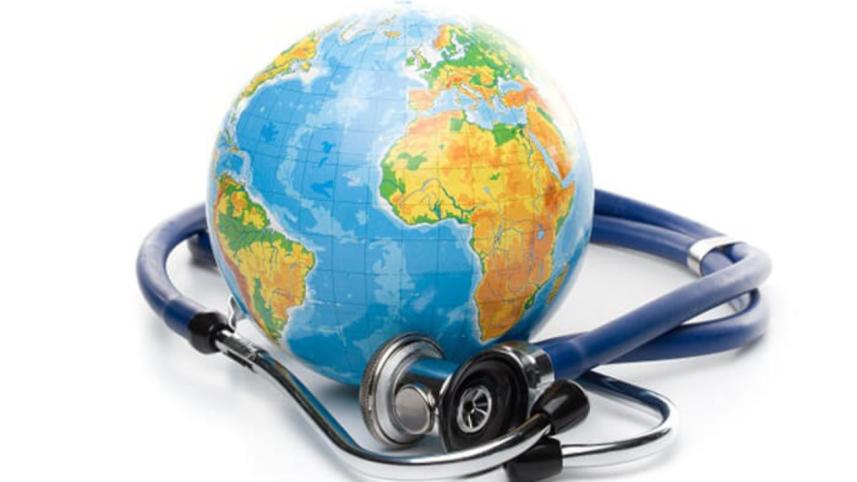Healthcare is beyond reach for most

Access to healthcare is a basic right for every citizen. But for the poor it is a luxury they can ill afford. Public hospitals, while providing health care at subsidised rates, are not enough to meet the growing demand of poor patients. Not only do public hospitals lack adequate resources in terms of medical personnel, beds and equipment, in many cases corrupt practices in these institutions deprive even those patients that could have received proper care. Thus for many poor people the only option is to resort to private health care which is both expensive and sometimes unreliable.
The situation is especially grave when it comes to patients with chronic, serious diseases such as cancer, heart and respiratory disease. The cost of prolonged health care that may involve expensive treatment such as chemotherapy, regular diagnostic tests or continued medication, results in further impoverishment of poor patients. According to Bangladesh Health Accounts report, out-of-pocket expenditure (OOP) in Bangladesh is 67 percent of the total medical costs, the highest in South Asia. This is because the cases of chronic diseases continue to increase every year according to a study by icddr,b. Thus the cost of treating these diseases is also increasing, casting a heavy burden on the majority of Bangladeshis.
A major reform in the healthcare system is mandatory. Public hospitals have to be better equipped and their capacity expanded so that they can properly treat the rising number of patients. This will require a more diligent monitoring system to make them accountable, to stop unethical practices such as asking patients to buy medicine when it is supposed to be free. Private medical care also has to be regulated so that patients are not duped into paying unnecessarily high medical bills.



 For all latest news, follow The Daily Star's Google News channel.
For all latest news, follow The Daily Star's Google News channel.
Comments